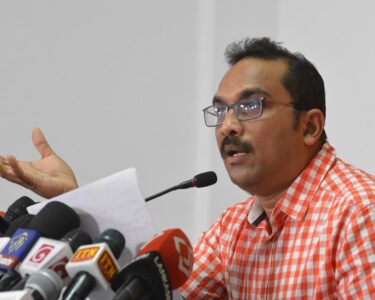Sri Lanka’s economy has been in a state of decline since 2019, with exports to the European Union (EU) serving as a lifeline during these challenging times. This is largely attributed to the EU’s Generalized Scheme of Preferences Plus (GSP+), which grants Sri Lanka tariff-free access to the EU market, provided it upholds core human rights and labour rights treaties.
However, a recent EU report highlights Sri Lanka’s shortcomings in meeting these obligations. While the report acknowledges the resilience of civil society and the 2022 Aragalaya movement’s call for good governance, it also raises concerns about the government’s repressive response to protests and its failure to repeal the abusive Prevention of Terrorism Act.
The EU may need to reconsider its policy of providing Sri Lanka with tariff-free access to the EU market through the GSP
Here are some of the EU concerns:
- The government has yet to repeal the abusive Prevention of Terrorism Act (PTA) and has even broken a moratorium on its use.
- The government has proposed new counterterrorism legislation that does not meet rights standards.
- The government has proposed an Online Safety Bill that the EU says “could lead to censorship.”
- The government continues to violate the rights of minorities, hate crimes are common, and there are allegations of torture.
- Same-sex relations are still criminalized in Sri Lanka.
- Domestic violence and child abuse are widespread.
- Human rights defenders, lawyers, and journalists continue to face harassment and threats.







